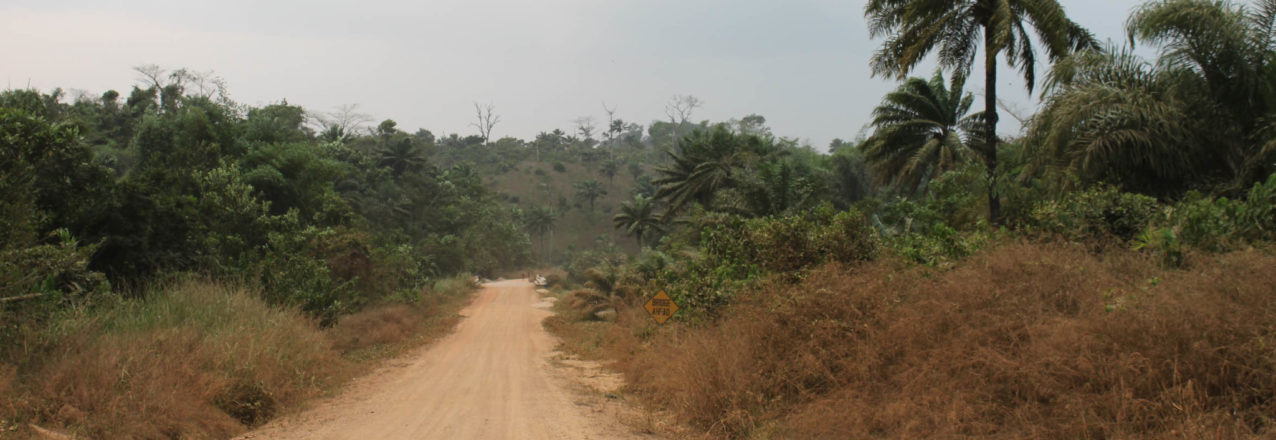By the USAID LTS Team
Liberia depends on its forests. The forestry sector contributes 10 percent of the country’s GDP. One in three rural Liberians (1.5 million people) live in forested areas and rely on forests for a significant source of their livelihoods. And Liberia’s forests are a global biodiversity hotspot, comprising more than half of West Africa’s remaining Upper Guinean tropical forest. Yet Liberia’s forests remain under serious threat.
Notwithstanding its importance to the country, sustainable forest management – at both national and community levels – remains a considerable challenge, in part due to lack of reliable information regarding forest condition and resources rights.[1] Moreover, communities have limited information about their customary resources, despite the recent passage of the Land Rights Act of 2017 (LRA), which provides the legal framework for forest communities to document land boundaries outside of the forest conservation areas. In response to this dilemma, USAID is testing its Mobile Applications to Secure Tenure (MAST) initiative in Liberia to help communities define, map, record, and document their resources to enhance biodiversity conservation while improving community forest management. MAST provides a participatory framework and flexible tools that empower citizens in the process of documenting and managing their forest resources. The end result is clearer, stronger rights and greater incentives to invest and conserve resources.
The MAST Liberia pilot works closely with USAID/Liberia’s Forest Incomes for Environmental Sustainability (FIFES) program and villages in Blei Community Forest in Liberia’s Nimba County to test participatory methods that enable communities to collect, validate and manage information regarding community forest and customary resources. While communities surrounding Blei Forest highly value forest protection, they are faced with the need to balance conservation with the development of alternative, resource-based sources of income. The pilot aims to enhance the community’s ability to clarify the use of forest and customary resources, to monitor their condition, and to make informed decisions. MAST can help consolidate land and forest resource information and provide an important platform to engage stakeholders in making critical decisions regarding their use.
[1] Id.


